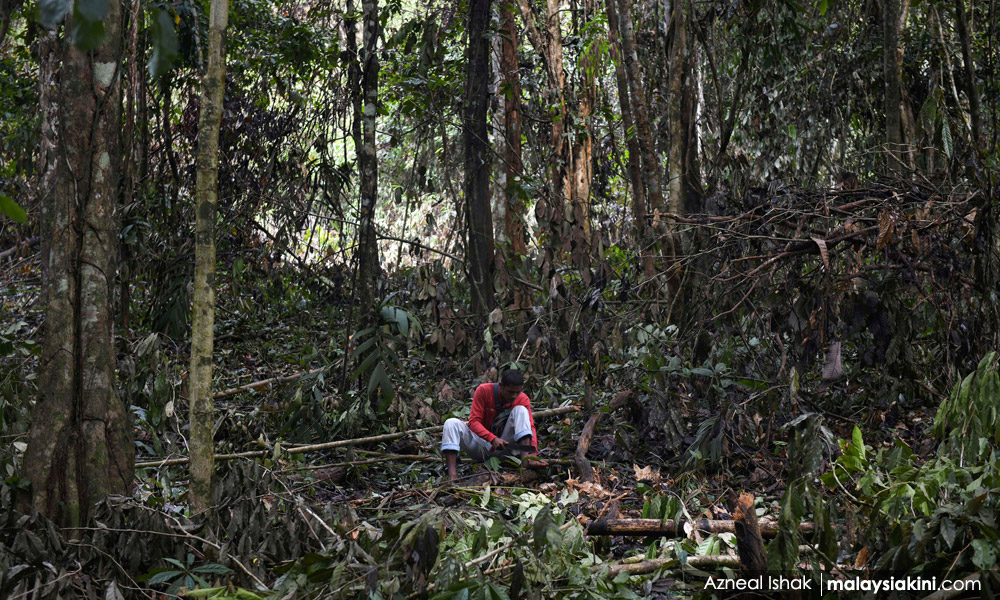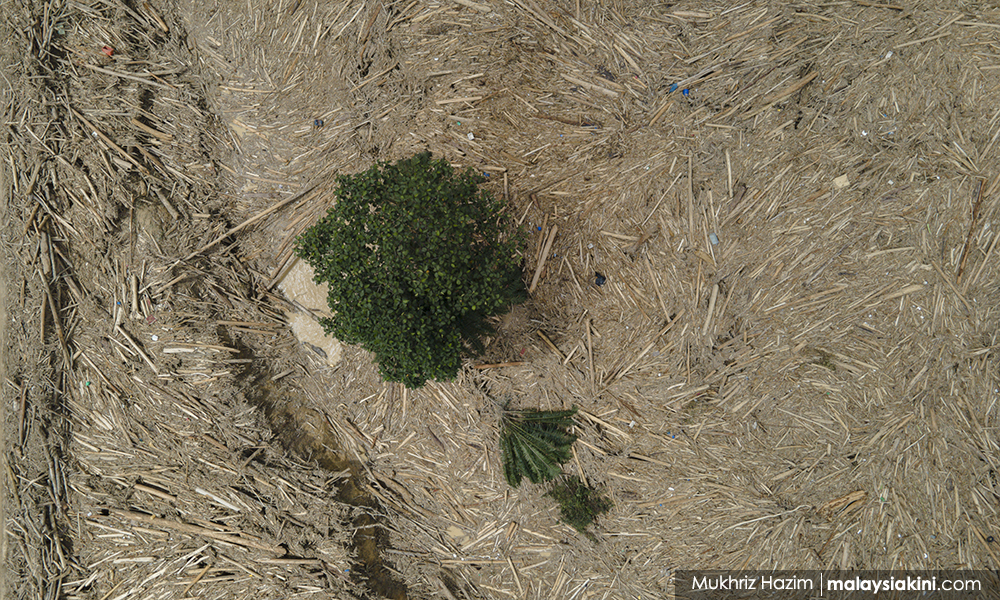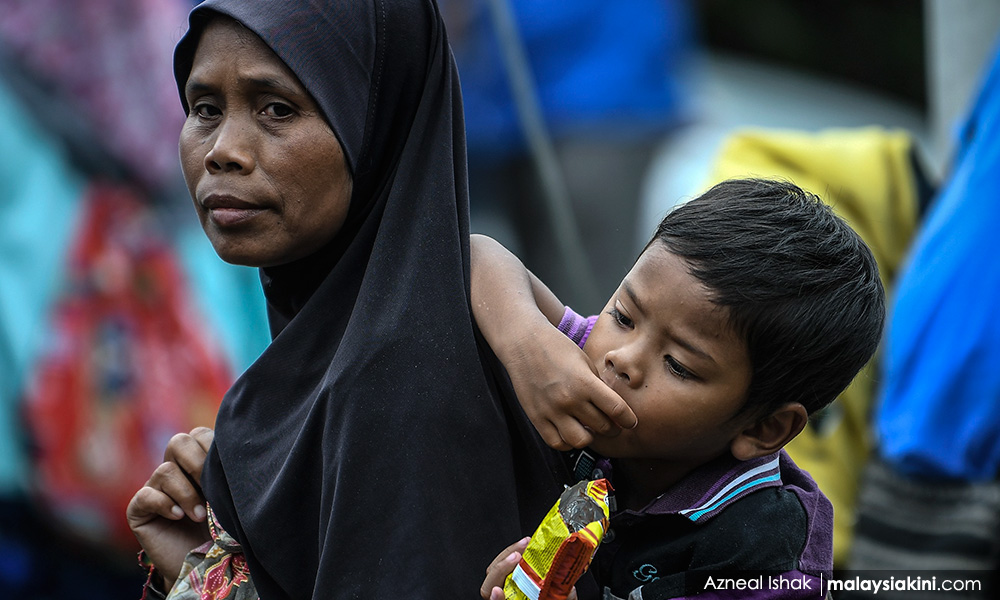We have eight years left to achieve what we have committed to – the 2030 Agenda for Sustainable Development.
The pandemic, intense US-China relationship, and Ukraine crisis – all these have disrupted many plans and created worries and doubts about attaining the sustainable development goals (SDG). Nevertheless, many have not given up imagining a better future.
We heard a lot about breaking down silos, moving away from ad hoc responses, and enabling structural and systemic changes.
In Malaysia, the federal government has declared its determination to ‘integrate the SDG into national planning and development mechanisms’.
At the subnational level, each state has also made similar attempts to adopt the framework in its development strategies and master plans.
However, we may have to admit that we are not fully ready in a collective sense.
While government agencies, companies, and individuals are claiming to be ‘sustainable’, or trying to be, we may have to first ask ourselves a fundamental question: how much do we really know about sustainable development?
It is not rare to hear cases of greenwashing. Personally, I do not agree that all these come with bad intentions. It might be due to a lack of awareness, and most importantly, insufficient knowledge and critical thinking about sustainability.
My neighbour prefers organic food as it sounds good and sustainable, but she has never thought about the land area needed to produce organic food for all of us.
A friend is keen to advocate ‘circular economy’ as a fantastic concept to address waste issues, just that he is not sure how much energy is needed to ‘close the loop’.
Carbon credits have been promoted as a practical mechanism to fund forest conservation, but what about the impacts on biodiversity and indigenous people then?

Some argue that the government should spend more money on waste management, but they are not sure how policies and budget allocations are made.
These are not rocket science, far from it, but not many have taken further steps in thinking and envisioning. This may be largely attributed to the fact that we lack general knowledge about many things.
Many great thinkers suggest that education is the principal means for change. We must not only build the future generation of leaders in this part of the world, but also an educated and engaged citizenry to achieve our 2030 Agenda.
While Malaysia has seen excellent progress in upscaling its tertiary education, the country’s system is very much grounded on a discipline-oriented framework.
Upon graduation, we are likely still stuck in this entrenched system of how we perceive this world, how we solve problems, how we design rules, etc.
To disrupt this narrow model, key interventions may be done at the tertiary education level - bringing different perspectives to classrooms, creating spaces for working together and learning from each other, and confronting students with complex real-world problems.

Such interdisciplinary and cross-sectorial training could be very powerful. We may not immediately find perfect solutions, but at least we have a better understanding of the problems and pick up lessons learnt from past failures.
This creates a foundation for co-designing solutions and collaborations.
Silos still exist everywhere, but convergence is also happening. Deforestation and floods, air and water pollution, poverty and conflicts, urbanisation and economy, justice and equality – we realise no single discipline, whether economists, engineers, or political scientists, can solve any of these issues without working with each other.
Adopting an interdisciplinary approach in tertiary education permits our younger generations to be meaningfully engaged in the ongoing conversation, discussion, and debates over the interlinked issues.
In the past two years of running the Master in Sustainable Development Management, we often ran into questions like these: What topics are the most relevant? What else do we need to include in the programme?
Do we need to add very specific skills to meet market demand? What is the right level of knowledge to be introduced? Are we being too ‘greedy’?

These are ongoing challenges for us when it comes to meeting the different wants and needs of students.
We have to admit that interdisciplinary education may not be productive in a tangible sense compared to specialisation in one discipline, as it focuses on the big picture and big ideas that are not contained within discrete skills.
However, it makes a lot of ‘human’ sense with these key outcomes - acquisition of critical thinking, effective articulation and communication of ideas, creativity in solution-seeking, and confidence in forging collaborations.
Whether you are a CEO, an activist, a government official, banker, farmer, engineer, biologist, or educator, interdisciplinary education provides a platform for people to rethink the ecology of change and their roles in it.
Eventually, some can be development thinkers, many can be champions for change, and all of us can convene and empower each other in our quest of achieving the 2030 Agenda. - Mkini
GOH CHUN SHENG is a sustainable development researcher and educator. He advocates and facilitates collaboration to create a better future.
The views expressed here are those of the author/contributor and do not necessarily represent the views of MMKtT.




No comments:
Post a Comment
Note: Only a member of this blog may post a comment.